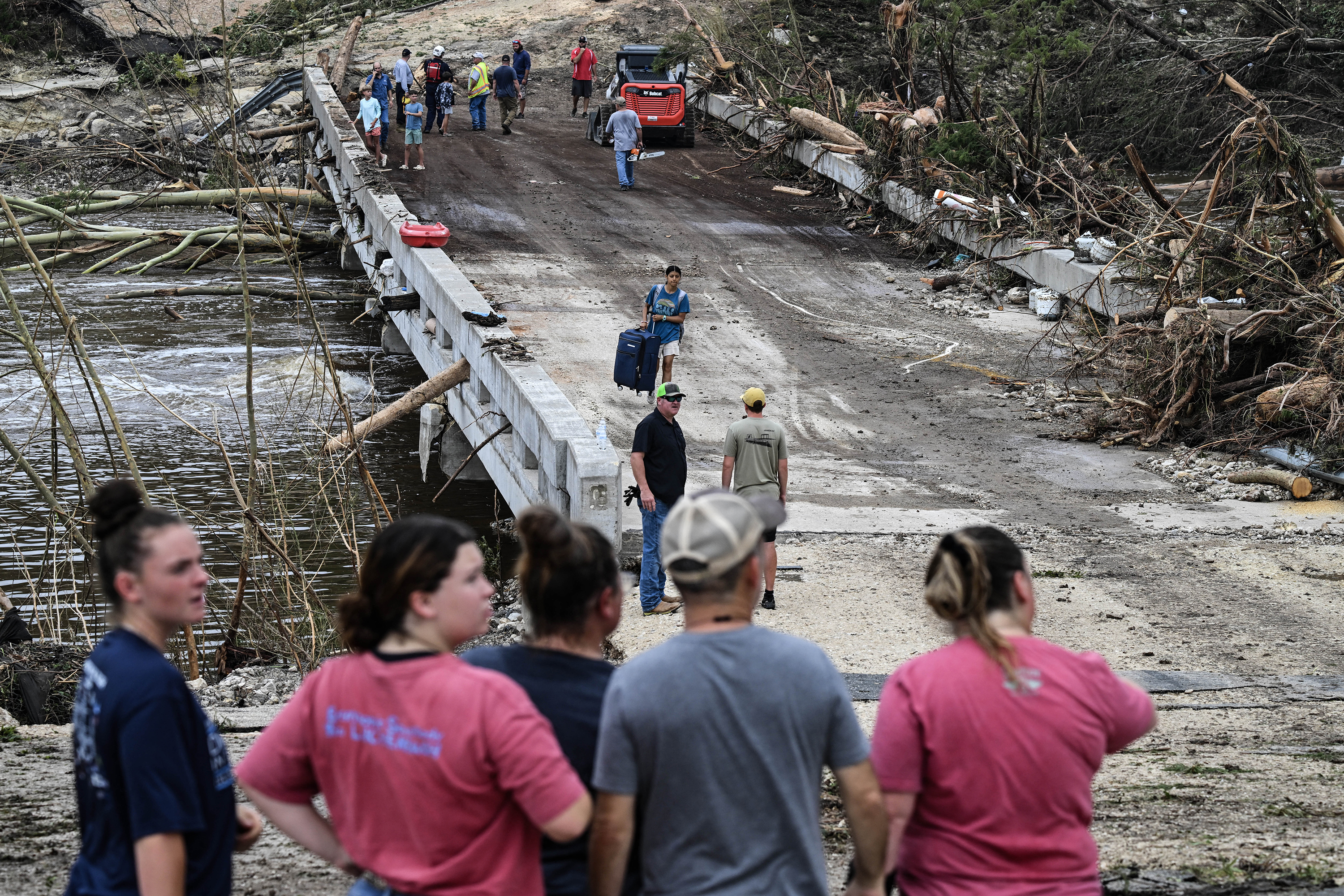A Vigorous Life: Kennedy the sportsman
Published 12:00 am Wednesday, November 20, 2013

- President John F. Kennedy gold, which wasn't a popular pastime for Democrats at the time, in a film taken by a White House press cameraman weeks before his assassination in 1963 in Hyannis Port, Mass. Golf legend Arnold Palmer was to critique his swing a few weeks later.
Many of our presidents have been athletic, from George Washington (legend has it, he could throw a silver dollar across the Potomac River) to Barack Obama (he led Occidental College’s basketball team in scoring).
And our 35th president, John F. Kennedy, was no different. Although he battled health problems his entire life, Kennedy projected a fit and energetic appearance.
His vision as president-elect could apply today — “We do not want our children to become a generation of spectators. Rather we want each of them to be a participant in the vigorous life.”
Kennedy heeded that message with encouragement from his father, Joseph P. Kennedy Sr., who lettered in baseball at Harvard.
According to the John F. Kennedy Presidential Library and Museum, Kennedy grew up in a household devoted to athletic activity. Tennis, swimming, touch football, water skiing, sailing and winter sports were family recreational staples.
JFK tried out for football at Harvard but did not progress beyond the junior varsity as illness and injury in his freshman year curtailed his involvement, the JFK Library said.
At Cambridge, he was part of the Crimson sailing crew that won the Eastern Collegiate Championship, and also won in individual sailing competition. He swam and played golf and football for the junior varsity at Harvard and tried his hand at boxing.
Of course, the family, including sisters and wives, enjoyed competitive games of touch football.
JFK also was a huge fan of the Boston Red Sox, but his grandfather, John F. Fitzgerald, mayor of Boston, was a leading member of the “Royal Rooters” fan clubs of both the Boston Red Sox and Boston Braves.
Being a Navy man, Kennedy relished the Army-Navy football game each year. He has a football signed by, among others, Roger Staubach, the 1963 Heisman Trophy winner.
Despite his chronic back pain, he remained an accomplished golfer.
Boasting a single-digit handicap, Kennedy is widely considered the best golfer to have served in the Oval Office, according to Golf Digest.
Also, Golf.com senior producer Jeff Ritter said, “Probably the sweetest swing out of all the presidents. JFK is probably underrated as a golfing president because, at the time, he kept it secret because playing golf wasn’t a good look for a Democrat. It reeked too much of exclusive big money, country club Republicans.”
In fact, Kennedy had portrayed 34th President Dwight D. Eisenhower “as the caricature of a detached duffer in chief who cared more about lowering his handicap than improving the lives of ordinary Americans,” according to Time.com.
Still, Kennedy played regularly at the Hyannis Golf Club in Massachusetts and Palm Beach Golf Club in Florida with his father, brothers and friends, and as a senator and president, he favored the Burning Tree Club and Chevy Chase Clubs in Maryland.
Time.com also reported, “on a spectacular July afternoon in 1960, just a few days before the Democratic National Convention in Los Angeles, Kennedy himself nearly let his golf secret out of the bag — with a perfectly swung 5-iron. Kennedy teed off on the par-3, 15th hole at the sumptuous Cypress Point Golf Club and watched his ball land on the green and roll straight toward the hole for a possible hole-in-one.
“‘Go in! Go in!’ yelled Paul “Red” Fay, JFK’s playing partner. But Kennedy looked on in terror and thought, ‘I’m watching my promising political career come to an end.’ The ball stopped just six inches shy of the hole, and Kennedy exhaled. ‘If that ball had gone into that hole,’ Kennedy told Fay with a sheepish smile, ‘in less than an hour the word would be out to the nation that another golfer was trying to get into the White House.'”
He also had a passion for sailing and took his 26-foot sloop Victura out on Nantucket Sound. Victura is on display in the spring and summer at the JFK Library in Boston.
Also, according to the JFK Library, “his own involvement and his family’s association with such athletic activity provided a good springboard for Kennedy to address the nation’s declining physical fitness. As president, he reinvigorated The President’s Council on Physical Fitness, encouraging Americans to take physical fitness seriously. The effort, associated with the future health and competitive readiness of America, was seen as very much part of the “New Frontier.”
Also, Kennedy “challenged the nation to become more active, but this activism and love of sports was embraced by all members of the Kennedy family.
While the president was challenging the U.S. Marines to walk 50 miles in 20 hours and challenging high school students to earn awards from the President’s Council on Physical Fitness, his sister, Eunice Kennedy Shriver, was working with disabled children in a “camp” at her Maryland home.
This camp, which taught the children habits of physical fitness and how to play organized sports, is credited as the genesis for what would later become the Special Olympics.






